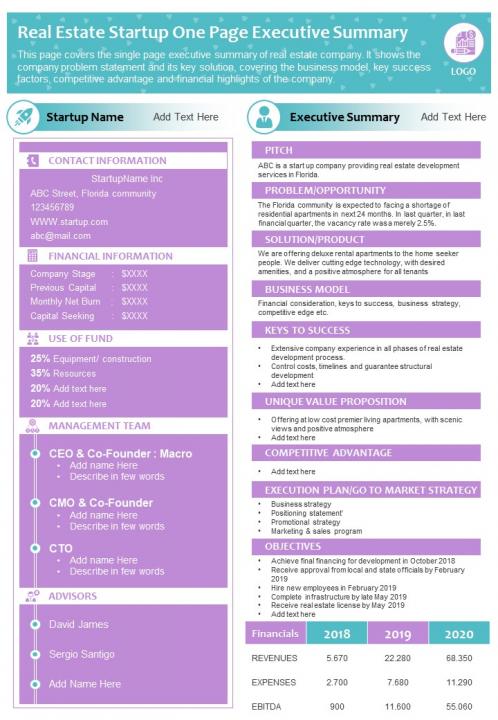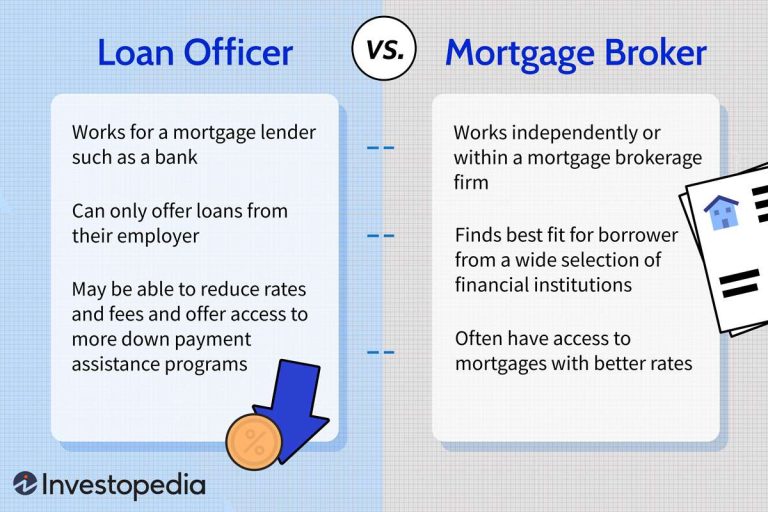How Do You Write An Executive Summary For Real Estate?
An executive summary for real estate is a concise overview of the key points and data of a real estate business plan. This summary should provide the reader with an understanding of the most important aspects of the plan, including the goals, strategies, financial projections, and competitive advantages. The executive summary should also provide a clear explanation of why the proposed real estate venture has the potential for success. Writing an effective executive summary for real estate requires careful consideration of the factors that will be most important to investors and lenders. This summary should be concise, clear, and persuasive in order to secure the desired financing.
What Is An Executive Summary?
An executive summary is a concise overview of a larger body of work, usually a business or research report. It summarizes the key points and findings of the report, highlighting the main points and providing a clear, concise statement of the purpose and potential impact of the project. An executive summary is a great way to quickly communicate the most important information from a longer document, allowing readers to quickly grasp the main points and form an informed opinion. It is an essential tool for business professionals, researchers, and students alike, allowing them to quickly and effectively communicate their work.
Importance of Writing An Executive Summary for Real Estate
An executive summary is an important part of any real estate proposal or report, as it provides a concise overview of the project and its potential benefits. It serves as an introduction to the main points of the document, allowing readers to quickly understand the key issues and decisions that need to be made. By summarizing the key points of the document, the executive summary gives the reader a better understanding of the investment opportunity or proposal at hand. It also helps to ensure that all key stakeholders are on the same page and have the same understanding of the project. Ultimately, an effective executive summary can help you seal the deal and get the investment you need to succeed in the real estate industry.
Essential Elements of a Real Estate Executive Summary
A real estate executive summary is a comprehensive, yet concise overview of a real estate project. This document should provide a detailed account of the project’s goals, target audience, market analysis, financial projections, and key decision points. It should be written in an engaging and informative style that is easy to understand and follow. The executive summary should be brief, yet comprehensive, allowing the reader to get an accurate feel for the project in a short amount of time. It should also contain enough information to demonstrate the project’s viability and potential success. A real estate executive summary should also include the necessary research and data to support the project’s claims, such as industry trends, market demographics, competitive analysis, financial projections, and so on. The executive summary should be thoroughly researched and clearly articulated, offering a snapshot of the project’s potential in an easily digestible format. Ultimately, an effective executive summary can be the difference between success and failure for a real estate project, so it is essential to get it right.
Formatting an Effective Real Estate Executive Summary
An effective executive summary for a real estate business should be succinct, and detailed, and provide an overview of the main points of the document. It should include an introduction to the project, key facts and figures, and a conclusion that outlines the next steps. The summary should be written in a professional and concise manner, highlighting the main points of the document without going into unnecessary detail. It should be written in clear, concise language that appeals to the reader and provides a strong overview of the project. Finally, the summary should be tailored to the target audience and should be as engaging and compelling as possible in order to draw the reader in and encourage them to read the full document.
Common Mistakes to Avoid When Writing a Real Estate Executive Summary
An effective real estate executive summary can be an invaluable asset when it comes to closing a deal. It should paint a clear picture of the opportunity and highlight the key points of your proposal. However, if not done correctly, a poorly written summary can cost you a potential sale. To ensure you present an effective summary, it’s important to avoid common mistakes. These include leaving out important details, using overly complex language, and being too general. Additionally, make sure to keep the summary concise and focus on the key benefits of the proposal. Lastly, avoid giving too much information as this can distract from the main message of the summary. By avoiding these common mistakes, you can ensure your executive summary is a powerful tool for closing a real estate deal.
Tips for Writing a Compelling Real Estate Executive Summary
A real estate executive summary is an important tool for any real estate professional, as it gives a concise overview of a potential project or investment. Writing an effective executive summary can be a challenge, but it’s essential for getting your project noticed. Here are some tips for crafting a compelling real estate executive summary:
1. Start with an attention-grabbing hook: Your executive summary should open with a statement that grabs the reader’s attention and entices them to read further.
2. Establish the project’s purpose: Outline the purpose of the project and why it’s worth investing in.
3. Highlight the key benefits: Summarize the key benefits that will be associated with the project, such as increased ROI, cost savings, etc.
4. Include relevant market research: Provide relevant market research and industry trends that will help make the case for the project.
5. List key milestones and timelines: Include any key milestones and timelines that should be considered when evaluating the project.
By following these tips, you can write an effective real estate executive summary that will help you get your project noticed. With the right approach, you can create a compelling summary that will draw readers into the project and make them want to learn more.
Examples of Real Estate Executive Summaries
Real estate executive summaries are documents that provide an overview of a particular real estate project. They typically include key details such as the project’s location, timeline, costs, and objectives. They are typically used by real estate investors, developers, and lenders to quickly understand the essential details of a proposed project. Real estate executive summaries can also be used to present a project to potential tenants or buyers. Examples of real estate executive summaries can include the scope of a development project, the estimated budget, and the expected returns. They are a crucial tool in the world of real estate, helping to streamline the decision-making process and ensure projects are well-conceived.
How to Use Executive Summaries for Real Estate Investment Decisions
A real estate investment decision is an important one, and an executive summary can be a powerful tool in helping you make the right choice. An executive summary can provide you with a detailed overview of the investment opportunity, including the background, the market, the risks, and the potential return. It can also provide you with a snapshot of the financial information required to make an informed decision. With an executive summary, you can quickly assess the viability of the investment and make a more educated decision. By taking the time to read and understand the executive summary, you can ensure that you are making the best decision for yourself and your investments.
FAQs About the How Do You Write An Executive Summary For Real Estate?
1. What information should I include in my executive summary for real estate?
Answer: Your executive summary should include an overview of the property, the state of the local real estate market, the current condition of the property, and a financial analysis of the expected revenue and expenses.
2. How long should an executive summary for real estate be?
Answer: Generally, an executive summary for real estate should be no longer than two pages.
3. What should I focus on when writing an executive summary for real estate?
Answer: When writing an executive summary for real estate, focus on summarizing the key points of the property, including its location, condition, features, and expected return on investment.
Conclusion
An executive summary for real estate should provide an overview of the property and its features, including location, size, and amenities. It should also include the current market conditions and the owner’s goals for the property. Additionally, the executive summary should provide details on any potential risks or opportunities for the property, as well as a summary of the marketing plan and any offers or contracts already in place. By providing an in-depth overview of the property, real estate professionals can ensure that potential buyers and investors have a clear understanding of what the property has to offer.






